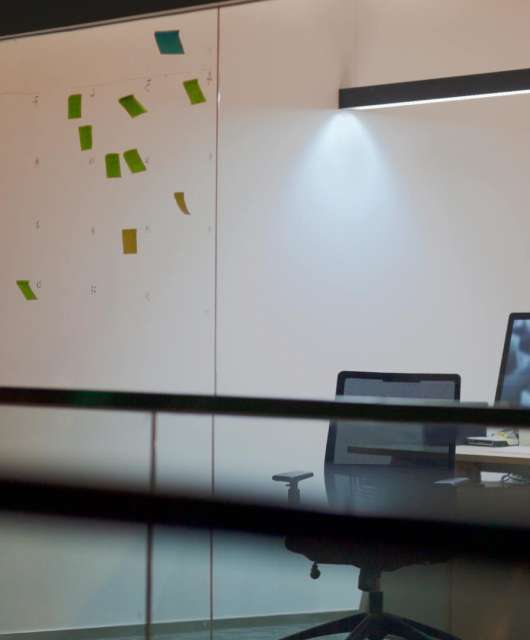A recent study published by the University of Guelph in Canada concluded that repair shop employees might violate privacy rights more often than customers think. Many people take smart devices for servicing in repair centers, and the study results show that technicians often are accessing files that are not relevant to the repair.
University researchers recovered logs from repaired devices that exposed technicians looking at private photos and videos. The employees servicing the devices were looking at sensitive files and copying information from the devices onto personal storage devices. The information that was accessed and copied included sexually revealing private content, financial information, and documents. What is particularly alarming, but it does not come as a surprise, is that female customers are more prone to become victims of such snooping than males.
The study also showed that most electronics repair service providers do not have any privacy rules that would prevent technicians from accessing data irrelevant to the repair.
There are a few things people can do to avoid becoming a victim
- Be present during the repair
Technicians will likely not try to access or copy content irrelevant to the repair if the customer is looking at them while performing the job. Being present would certainly decrease the chance of them looking at your private information.
- Ask for privacy protocol rules
Asking for the privacy policy of their repair shop would make it very clear that you care about your privacy. The fear of potential lawsuit would hopefully decrease the temptation levels of the customer service rep.
- Encourage repair mode
Mention to your technician that you want the device serviced while in maintenance mode. Some smartphone brands are slowly introducing such methods that might be available for your device too.
- Clear up sensitive info before taking the device
If you have content that you feel uncomfortable sharing with the repair person, consider just storing the sensitive data on another device. Not having sensitive data on the smart device is the best way to ensure the data remains safe and private.
Remember that repair shops are only one place with people who might not respect privacy boundaries. Next time you go to the local wireless carrier shop to buy a new smartphone, you may unintentionally expose data too. If a customer service rep offers to take your device in the back to transfer files from your old smartphone to your new one, the agent may decide to have some fun browsing through the content on your device. Thinking twice might be a good idea next time you bring a device to a repair shop for repair, software








